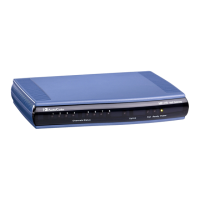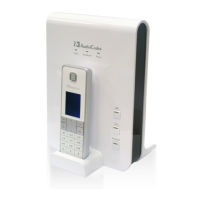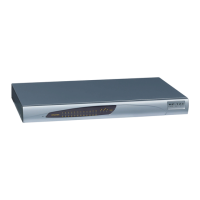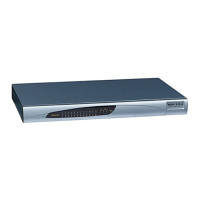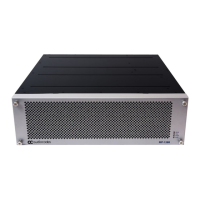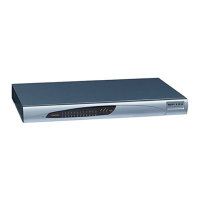CHAPTER34 Routing SBC
Mediant 1000 Gateway & E-SBC | User's Manual
■ Back to the sender of the incoming message, where the reply can be a SIP response code or a
3xx redirection response (with an optional Contact field to where the sender must re-send the
message).
The following figure summarizes the destination types:
To configure and apply an IP-to-IP Routing rule, the rule must be associated with a Routing Policy.
The Routing Policy associates the routing rule with an SRD(s). Therefore, the Routing Policy lets
you configure routing rules for calls belonging to specific SRD(s). However, as multiple Routing
Policies are relevant only for multi-tenant deployments (if needed), for most deployments, only a
single Routing Policy is required. As the device provides a default Routing Policy ("Default_
SBCRoutingPolicy"), when only one Routing Policy is required, the device automatically assigns
the default Routing Policy to the routing rule. If you are implementing LDAP-based routing (with or
without Call Setup Rules) and/or Least Cost Routing (LCR), you need to configure these settings
for the Routing Policy (regardless of the number of Routing Policies employed). For more
information on Routing Policies, see Configuring SBC Routing Policy Rules.
The IP-to-IP Routing table also provides the following features:
■ Alternative Routing: In addition to the alternative routing/load balancing provided by the
Proxy Set associated with the destination IP Group, the table allows the configuration of
alternative routes whereby if a route fails, the next adjacent (below) rule in the table that is
configured as 'Alt Route Ignore/Consider Inputs' are used. The alternative routes rules can be
set to enforce the input matching criteria or to ignore any matching criteria. Alternative routing
occurs upon one of the following conditions:
● A request sent by the device is responded with one of the following:
◆ SIP response code (i.e., 4xx, 5xx, and 6xx SIP responses) configured in the
Alternative Routing Reasons table (see Configuring SIP Response Codes for
Alternative Routing Reasons).
◆ SIP 408 Timeout or no response (after timeout).
- 773 -
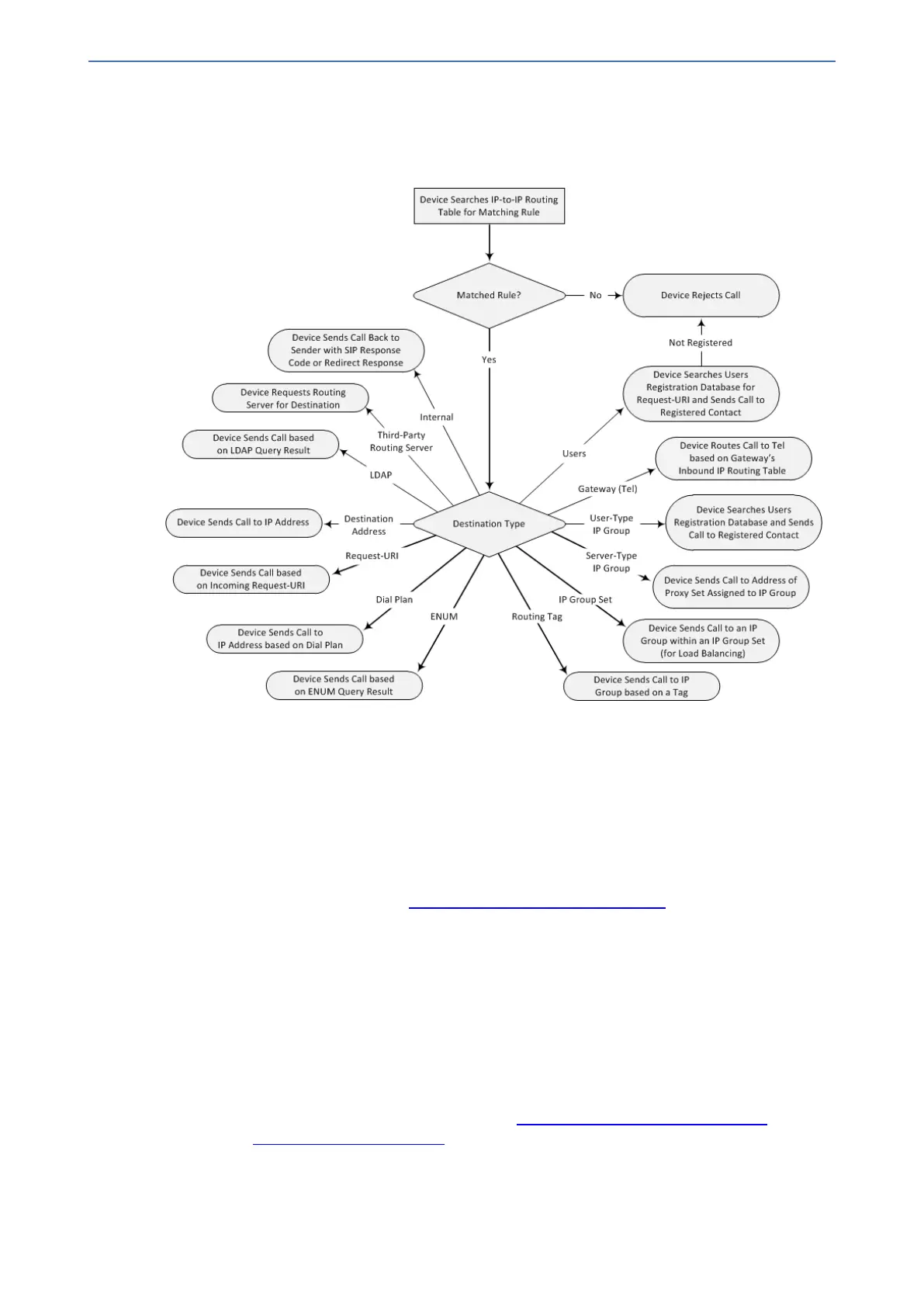